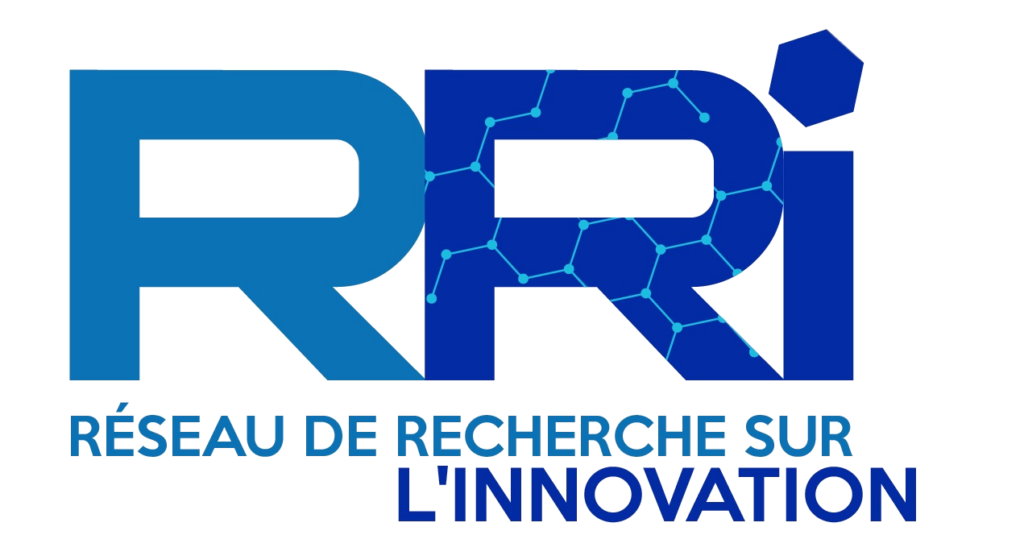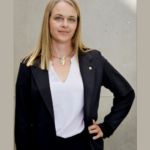
Courte Bio
Professeur titulaire en Sciences, Technologie, Innovation et Développement et Coordinateur Académique du Conseil de Recherche Universitaire, Université de la République, Uruguay (à la retraite). Ancien codirecteur et actuellement membre du Programme Interdisciplinaire “Science, Technology and Innovation for a New Development”. Axes de travail : innovation et inclusion sociale, politiques de STI pour le développement, transformation du système d’évaluation académique, systèmes nationaux d’innovation dans les pays du Sud.
Titre (Provisoire): Contextualized Innovation in the South: two directionalities to take into account
Abstract
Neither problems nor solutions are universal: contextualized innovations are problem-solvers in the concrete conditions in which problems appear. To tap the possibilities offered by advanced science and technology to solve pressing difficulties generally present in the South -the diversity encompassed by this term notwithstanding- requires contextualized innovations based on alternative ways of thinking. That has two facets. One is related to the kind of problems to consider, often invisibilized from afar: this is the “alternative agenda of innovation” facet. The other -less recognized- is related to the heuristics followed to solve problems. When scarcity is overwhelmingly present, as in the South, problem-solving heuristics are notoriously different from those prevailing in highly industrialized countries. That is the “alternative innovation heuristics” facet. Scarcity here is a relational concept that is contrasted with abundance. Abundant financial resources to innovate that at the other end will meet purchase power enough to acquire such innovations (for instance high-priced pharmaceuticals), performant and well-distributed infrastructures of all types (cold-chain distributions, stable electric power), the easy access to spare parts to guarantee maintenance and repair: this landscape is hardly present in most Southern countries. So, a different way of conceiving innovation taking into account scarcity is needed to bring to the majority of their populations the solutions that otherwise they will not access. The idea is to discuss contextualized innovations from the perspective of two intertwined directionalities: the directionality of ends (the agenda) and the directionality of means (the heuristics), illustrated through some health examples.
Voir les autres conférenciers invités :





